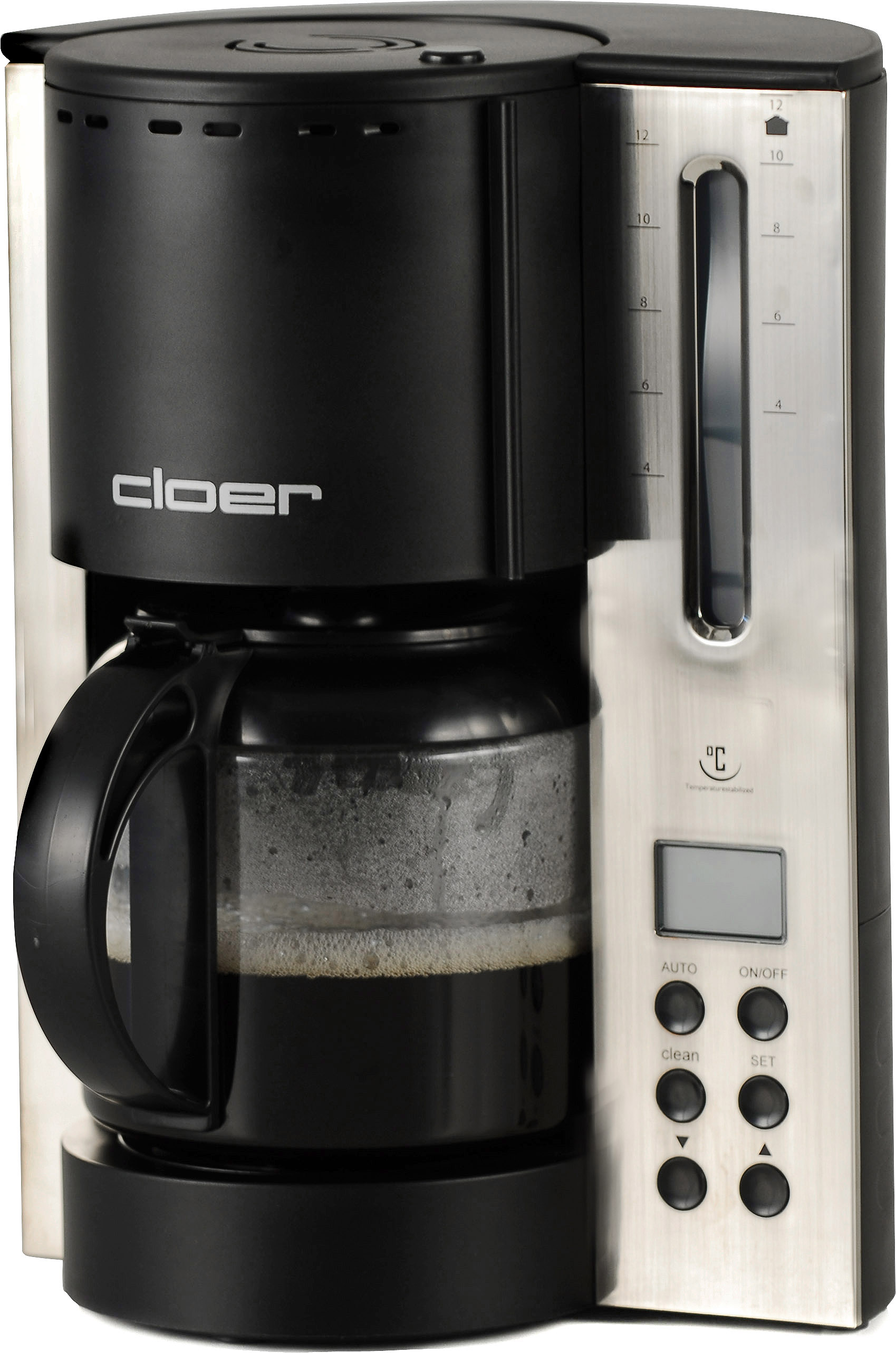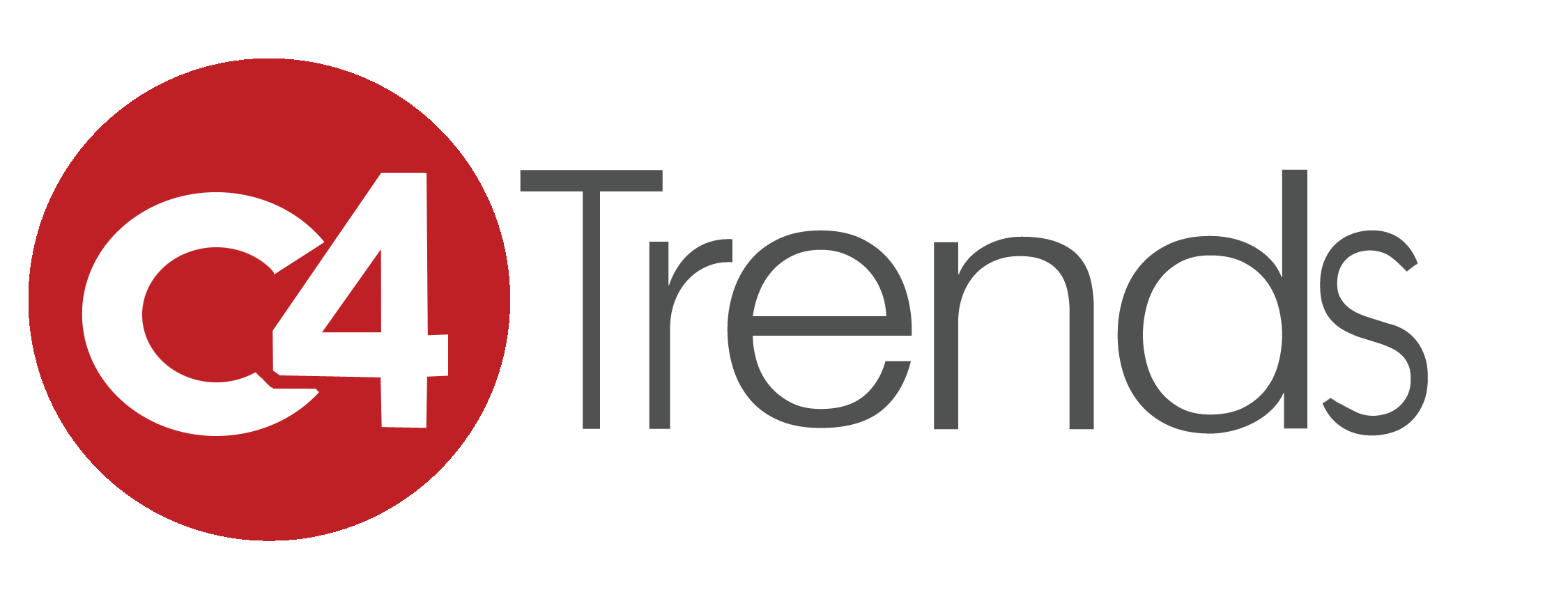 We recently received this coffee maker touting a patented temperature stabilization system that “maintains a stable water temperature of 200 degree Fahrenheit temperature through the brewing cycle.” According to Cloer, “this delivers the most full bodied, full flavored, robust cup of coffee with no bitter aftertaste.”
We recently received this coffee maker touting a patented temperature stabilization system that “maintains a stable water temperature of 200 degree Fahrenheit temperature through the brewing cycle.” According to Cloer, “this delivers the most full bodied, full flavored, robust cup of coffee with no bitter aftertaste.”
As a heavy coffee drinker who loves a great cup of coffee, that’s interesting. But is it true? Apparently yes.
Looking first at the National Coffee Association, “Water Temperature During Brewing: Your brewer should maintain a water temperature between 195 – 205 degrees Fahrenheit for optimal extraction. Colder water will result in flat, under-extracted coffee while water that is too hot will also cause a loss of quality in the taste of the coffee.”
Fine, but is water temperature a problem with most coffee makers? According to CooksIllustrated.com, apparently yes: “We made…coffee, this time measuring the water temperature throughout the brew cycle. And here we made a key discovery: Most of these machines were too cool, spending most of the brewing cycle struggling to bring the water into the right temperature range. Many didn’t reach the correct temperature until the last minute or two of brewing — and then kept climbing, scorching the grounds as the last few cups dripped into the carafe.”
So in principle, Cloer’s temperature stabilization technology could indeed be important. Since the proof is in the tasting, we conducted the following taste test: We made two identical batches of black coffee using the Cloer as well as our old office machine (a well-known premium brand, albeit one that needs descaling). The coffee we used was a freshly opened bag of Starbucks® French Roast whole bean coffee, which probably should be pushing the envelope on bitterness – hence, a good test. We then went heavy on the amount of coffee versus water (we like strong coffee; 10 coffee measures for 7.5 cups of liquid (1.33:1); this compares to Starbucks’ 1:1 ratio), pushing the test even further.
As a heavy coffee drinker who loves a great cup of coffee, that’s interesting. But is it true? Apparently yes.
The answer was startling. Using the exact same amount of coffee, the Cloer was too strong, even for us. The obvious reason, as we thought about it, was that with the Cloer getting more flavor extraction from the same amount of coffee that we had been using, we needed less coffee to get to the same strength level.
So the solution was to adjust the Cloer closer to the normal 1:1 standard. The result: both cups of coffee were now equally strong. But the Cloer was able to provide something we hadn’t experienced with home brew machines – strong coffee with more flavor but without bitterness. It’s a noticeably better cup of coffee. Plus we save 25% on the amount of coffee beans needed.
So net-net we’re sold on the Cloer as delivering on its promises. Yes, you can buy a much cheaper drip machine for $20-40, or premium brand-name machines for $50-100, versus $150 list/$130 street price for the Cloer. But for one of life’s simple pleasures – a really good cup of coffee in the morning – the few cents a day difference is a no-brainer. And when you factor in a 25% savings in coffee beans (for us, that comes to around $140 annually), the Cloer actually ends up saving you money!
